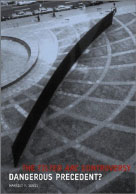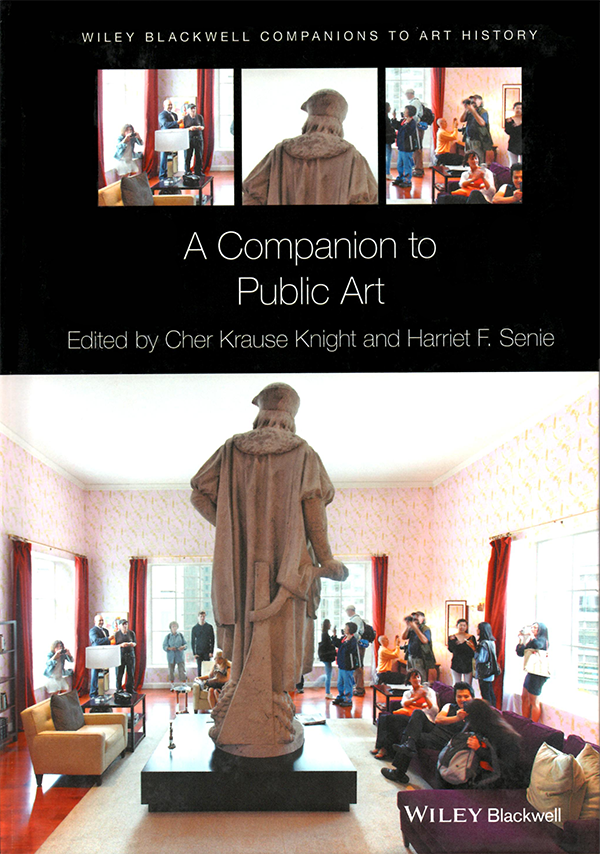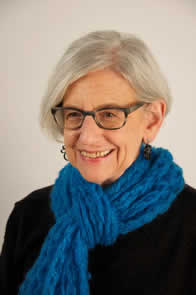 Memorials Now
Memorials Now
Co-authored by Harriet F. Senie and Cher Krause Knight
A comprehensive guide to addressing the present-day challenges of commemorating the past
As debates over historical monuments and their meanings unfold, Memorials Now offers a critical exploration of how communities can navigate the complex terrain of commemorative practices. From controversial statues to emerging forms of public memory, the topics covered in this timely volume provide insights into historical challenges while also encouraging a more inclusive and just memorial landscape for the future.
Authors Cher Krause Knight and Harriet F. Senie explore evolving narratives of heroes and victims, ethical challenges of memorial design, strategies for promoting inclusivity, and possibilities for alternative forms of commemoration. Memorials Now analyzes case studies from around the world in which communities are rethinking their memorials and creating innovative memorialization projects that reflect shifting cultural values.
Memorials Now is ideal for students and educators in art history, architecture, urban planning, and cultural studies, as well as professionals in fields such as public art, city planning, museum curation, and civic engagement.
Order from Wiley Blackwell here.
Harriet F. Senie
Harriet F. Senie is Professor Emerita of Art History at City College New York and the CUNY Graduate Center. She is the author of several books and numerous articles on public art, and is co-founder of the international organization Public Art Dialogue and a founding editor of its journal, Public Art Dialogue. Read more
More Books by Harriet F. Senie


